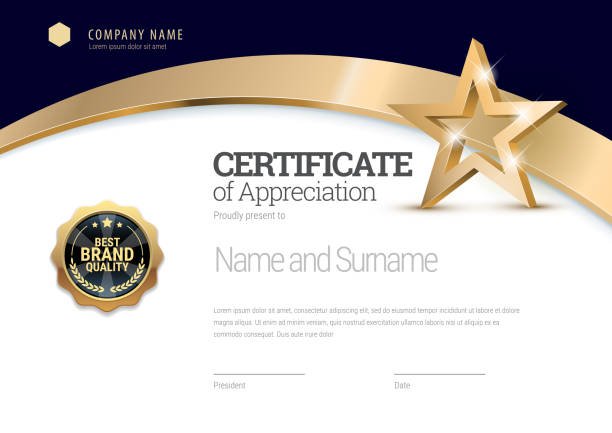The National Qualifications Framework (NQF) is a vital part of the education system in many countries, providing a structured level to qualifications within the higher education landscape. It allows for a clear understanding of the various educational qualifications and their relative standings. In this article, we will specifically focus on the NQF level at which the Higher Certificate is registered.
Which NQF Level is Higher Certificate Registered?
The NQF Level of a Higher Certificate is registered at NQF Level 5. This is because it represents a qualification aimed at providing vocational or occupational training in a specific field, equipping learners with practical skills for employment or further study. It’s one level above the National Senior Certificate (Grade 12 or Matric) and serves as a foundational step into higher education and vocational training.
National Qualifications Framework (NQF)
The NQF is a standardized system that classifies qualifications based on a series of levels. These levels are indicative of the learning achievement, with higher levels typically representing more advanced knowledge and skills.
Levels of the NQF
The NQF is generally divided into various levels, each corresponding to a different stage of education and training. These levels are essential as they guide both learners and educators in understanding what a learner is expected to know, understand, and do at each level.
Higher Certificate and NQF Level
A Higher Certificate is a qualification that aims to provide vocational or occupational training in a specific field. It typically covers fundamental knowledge in a subject, equipping learners with practical skills for employment or further study.
NQF Level for Higher Certificate
The Higher Certificate is generally registered at NQF Level 5. This places it one level above the National Senior Certificate, which corresponds to Grade 12 or Matric, and one level below an Advanced Certificate or Diploma.
Duration and Entry Requirements
The Higher Certificate usually takes one year of full-time study to complete. The entry requirements generally include a National Senior Certificate (NSC) or an equivalent qualification at NQF Level 4.
Implications of NQF Level 5
Registering the Higher Certificate at NQF Level 5 has several implications:
- Recognition: It gives official recognition to the qualification, making it part of the national system.
- Career Progression: It acts as a pathway for further studies and career development, as it allows for progression to Diplomas or Bachelor’s degrees.
- Quality Assurance: It ensures that the qualification meets specific standards in terms of quality, relevance, and credibility.
Conclusion
The Higher Certificate’s registration at NQF Level 5 signifies a foundational step into higher education and vocational training. It serves as a bridge between secondary education and more advanced studies, providing practical skills and fundamental knowledge in a specialized field. This alignment with the NQF ensures consistency, transparency, and recognition, making it a valuable qualification for those seeking to enter the workforce or continue their educational journey. Understanding the NQF level of a Higher Certificate helps students, educators, and employers recognize the value and potential of this qualification in the broader context of lifelong learning and career development.





